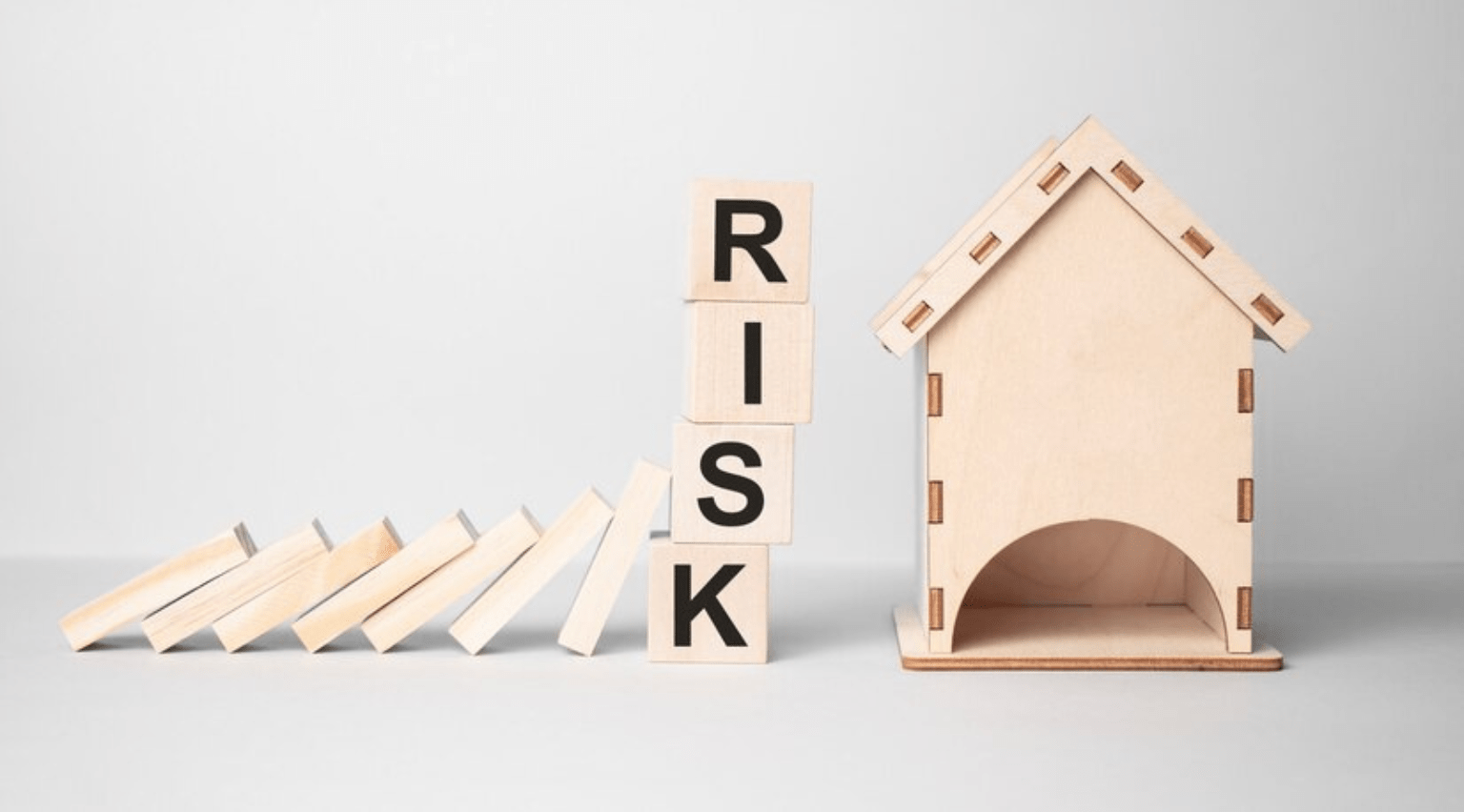In the real estate market, property investing has always been a popular topic. People have shown a desire to invest large quantities of money in residential and commercial real estate. However, it is important to note that the investment will only be effective if the purchasing technique is followed correctly. There are several issues to be aware of, even if they are not immediately evident to you.
Any sort of investment has some level of risk, thus like any other type of speculation there is risk in a real estate investment. Some of these risks may be systematically assessed and avoided, while others are beyond the investor’s control.
What is Risk Management?
Risk management is the process of identifying, evaluating, and prioritizing risks, followed by the coordinated and cost-effective deployment of resources to reduce, monitor, and control the likelihood or impact of undesirable events or to maximize the realization of possibilities.
What are the types of risk in Real Estate Investment?
-
Financial Risk
To invest in real estate, many people take on substantial debts. The risk directly relates to the amount of debt accumulated. Because interest rates fluctuate, you may experience an increase in financing charges, which is unquestionably negative for you. Investors in both commercial and residential real estate are impacted by this risk.
-
Liquidity Risk
Selling a property becomes challenging when there isn’t a continuous market, or when there aren’t enough buyers and sellers. In such circumstances, one must choose between undervaluing the home and waiting a longer time, frequently up to a year, for the right price!
-
Management Risk
The skill of management is what determines this kind of risk. This is determined by how it reacts to changing economic conditions, maintains the property, negotiates leases, and so on. Both residential and commercial properties are affected. You must be aware of the challenges that managers and owners encounter while attempting to reclaim their properties as a result of India’s antiquated tenancy regulations.
-
Legislative Risk:
Another significant risk is provided by legal requirements like tenant rules, registration procedures, restrictions on property use, and other restrictions imposed by government agencies.
-
Environmental Risk:
What happens if you acquire real estate or build a building there? Your investment’s return will undoubtedly be impacted by this. You must therefore be a wise buyer.
How To Deal With Risk?
It’s impossible to completely eliminate real estate risk. Some dangers can be entirely avoided, while others can be mitigated by shifting the risk or maintaining constant management. Even if there are several cutting-edge risk-reduction techniques:
Market Analysis: Investors need to gain knowledge of the demand-supply, potential demand, future market trends, etc. Additionally, they ought to educate themselves on the state of the local physical infrastructure. A thorough market study can provide investors with a wealth of insightful information.
Geographic Diversification: There is always a risk in property investment so it is recommended to spread your investments across geographies when buying many properties rather than focusing on a single market. Investing across several geographies can reduce risk and guarantee a higher return on investment. It is advised to conduct thorough research and get an understanding of each region’s historical performance before investing.
Asset Diversification: To lower market and economic risk, one should diversify their investments, just like they would their geographic investments. Investing in a variety of assets, including residential, commercial, retail, and warehouse space, maximizes overall earnings. The dispersion of risk across different assets will lessen the overall impact of any potential slump in a given category.
Developer credibility check: It is crucial to confirm the project’s functional aspect, which covers utility, floor plan, design, specification, etc., just like the trustworthiness of the developer. A high-quality project will draw more purchasers, tenants, and investors, increasing returns. Even major developers do fail, choosing a reputable name can significantly lower the risk.
Evaluate your Time Horizon: Real estate is a material asset that takes a lot of patience to acquire. In contrast to the stock market, one needs a medium- to long-term time horizon to benefit from the investment. One can significantly reduce the risk of cyclical traps and divest at the right time if they can hang onto the property for a long time. Therefore, it is prudent to evaluate the risk tolerance and time horizon.



